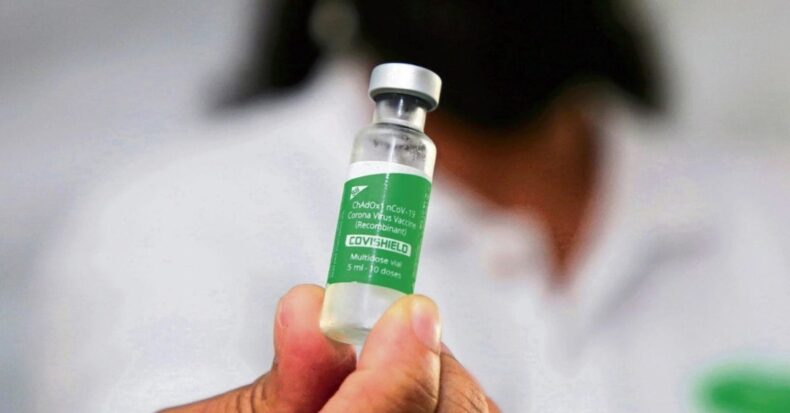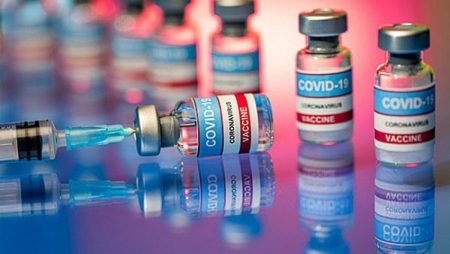
Cyrus Poonawalla, award recipient of the Lokmanya Tilak award, says he is not in favour of mixing two vaccines.
The chairman of the company, Serum Institute of India, which manufactures the Covi-shield vaccine, believes that there is no need to combine two vaccines.
He feels that if the combination fails to work, a battle of blame will ensue, with one company accusing the other of inefficacy.
THE “BOOSTER DOSE”
While Cyrus Poonawalla is against mixing two vaccines, he encourages taking a third, or “booster dose”.
He says that the antibodies go down after six months and thus advises people to get a third dose. The ideal duration between the two doses is two months, but the government increased the gap due to a shortage of vaccines.
He also states that people can opt for the other vaccine in the event of an emergency or if a particular vaccine is not available at the second dose.
AN OVER-AMBITIOUS VACCINE ROLLOUT
The Serum Institute of India produces ten crore vaccines per month. The chairperson says this was possible due to speedy permission from the government, advanced preparations and lakhs of investments.
Poonawalla said that the government was being over-ambitious by assuring 45 crore vaccine production by September.
However, with the vaccines from other companies, immunisation is likely to increase in the coming months. He also criticises the government for banning exports of vaccines.
The 150 countries dependent on SII for vaccines blame the company for backing out at a crucial time.
CMC VELLORE GETS NOD TO BEGIN RESEARCH ON MIXED VACCINES
While the mixed vaccines have not been tested and trialled under the required circumstances, they are likely to boost immunogenicity.
According to the researchers, it will assist in overcoming the challenges of vaccination shortages and eliminating reluctance about vaccines in people’s minds that could have its origin in programmatic “errors,” especially in circumstances where different COVID-19 vaccines are employed.
ICMR STUDY ON ADMINISTRATION OF MIXED VACCINE
This study was based on an observation of 18 villagers in Uttar Pradesh who were mistakenly administered Covaxin as the second dose in May this year.
The residents of Siddharthnagar, a village in Uttar Pradesh, were inadvertently administered separate vaccines for the double dose.
This study found that immunisation with a heterologous combination of vaccinations was safe and provided better immunogenicity than two doses of homologous vaccination with the same vaccine.
However, because the study is based on only 18 people who had mixed vaccination, it is still in its early stages, although evidence shows that heterologous vaccination results in a greater antibody response.
WHO ON MIXED VACCINE
WHO’s chief scientist, Dr Soumya Swaminanthan, claims it is a dangerous trend as ample research proving its efficacy and adverse effects is unavailable.
Before any more recommendations can be made, WHO says it has to analyse the evidence for each of these vaccination combinations.
However, based on the basic principles of how vaccines work, WHO believes that the mix-and-match regimens are likely to work.
Because of the potential benefits of such an approach, vaccinations can be used with greater flexibility in response to supply fluctuations.
Experts suggest heterologous methods could help elicit a mixed antibody and cell-mediated immune response against COVID-19.
Heterologous vaccination techniques may lead to stronger, broader, and longer-lasting immunity.













